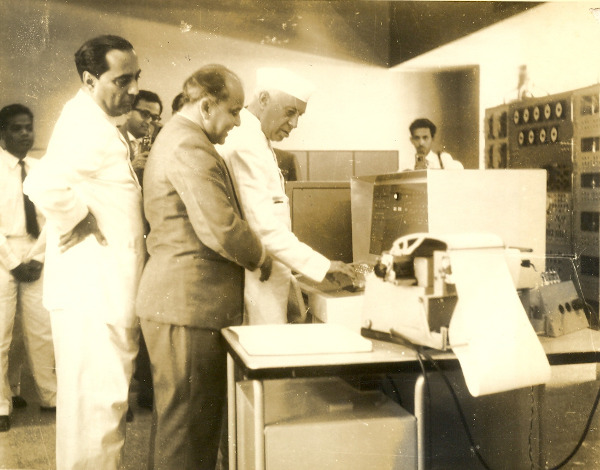
Traveling but Not Arriving: Hieroglyphics of Caste in Computing
When I landed in Bangalore in early 2020, it was a long-awaited moment of my grad school journey. I had finally defended my proposal and was set to transition into fieldwork in the next couple of months. In my preparation for fieldwork, I had read many ethnographies, most of which had an arrival scene. It seemed that the first couple of weeks of entering a field site presented a crucial lever of juxtaposition for ethnographic writing that lends itself to evocative descriptions of the setting. The “arrival trope” has been long challenged in anthropology through accounts that complicate the narrative of an ethnographer entering an unperturbed native setting (Pratt 1986). Pratt also complicates the artificial distinction between personal narrative and “objective” description, particularly as they are blurred in moments of transition or arrival in ethnographies. For me, the trope of arrival was exciting despite all its problems because it finally gave me an opportunity to re-enter a world that I was familiar with and describe it on my own terms. I had worked as a software engineer before and now wanted to study gender and caste relations in the computing industry. Dalits, formerly seen as “untouchable” under the caste system, and other lower caste people, have been subjects of upper castes doing research for a very long time. I was looking forward to subverting the arrival trope as a Dalit woman doing ethnography where upper castes were my research subjects. I wanted to do this through participant observation in the computing industry that is highly dominated by upper castes. (read more...)
